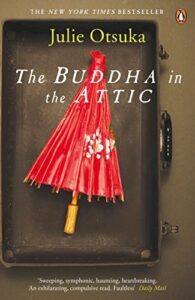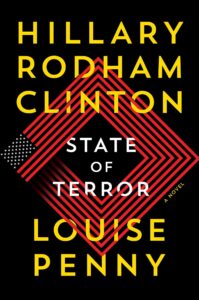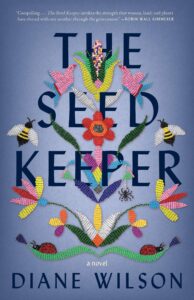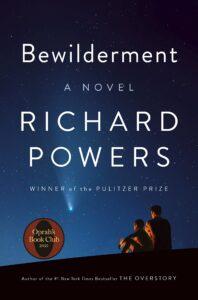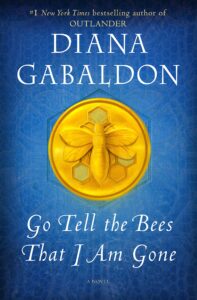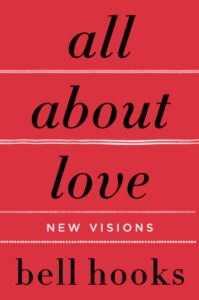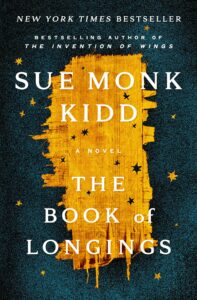Wanjikũ wa Ngũgĩ
Fiction 2021 | 198 pages
![]()
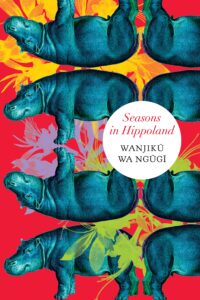
Many reviewers describe this book as surreal. It is an accurate word, I think. I like magic realism. I like shifting time from past to present in a novel. I like stories and parables.
However, I did not like this book. Mumbi spends summers with her Aunt Sara, listening to Sara tell stories. Sara lives in Hippoland. The setting is the imaginary East African nation of Victoriana. This book is really about storytelling ... the power of storytelling, the hope it can provide, the fear it instigates, the importance of history, whether true or fabled. The stories weave in and out of this present-day tale. Sometimes I did not know where I was in time. The stories are surprisingly bland. The moral is unclear.
The description on the book fly is inaccurate. It reads as though it was written for a book that was in the author's mind, but not the book she actually wrote. A minor point; there is inadequate copy editing. There are missing words, punctuation errors, and grammar errors. Not a lot; just enough to distract.
As a reminder, two hearts means " I don’t recommend it, though it was compelling enough for me to finish reading."
I suggest you pick up a different book for your May reading.
May 2022

